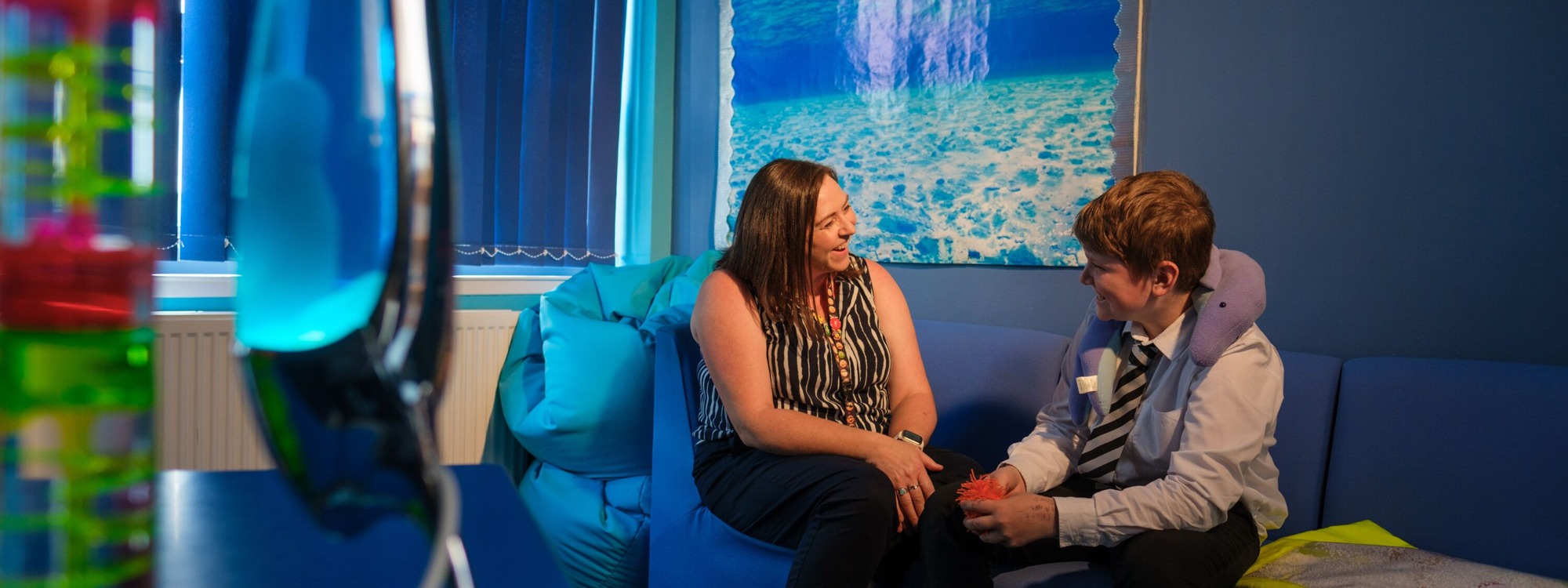MFL (Modern Foreign Languages)
| Name | Role | |
|---|---|---|
| Mrs E Robertson | Subject Leader | E.Robertson@beverleygrammar.co.uk |
| Mrs C Bagley | Teacher | C.Bagley@beverleygrammar.co.uk |
| Mrs T Zioupos | Teacher | T.Zioupos@beverleygrammar.co.uk |
Curriculum Content
French
| Year 7 | Year 8 | Year 9 |
|---|---|---|
| French phonics linking sound to spelling
Classroom instructions Introducing self Asking and answering questions Agreeing / disagreeing with others Greetings and farewells Times, days and dates School Hobbies Physical appearance and personality Dictionary skills Opinions and reasons Present tense – explicitly taught Using a glossary / reference material Awareness of target language culture. Near future: I would like”/“I am going to” Present tense + future time frame Le Petit Nicholas – film |
Reinforcement of Y7 content
Present and past time frames Holidays Directions Perfect tense – explicitly taught Paris Research on an area of France. Near future tense TV and film Opinions and reasons Near future Comparative forms Les Choristes – study of a film Eurofest trade fair competition Poetry and tongue twisters Foreign Language Translation Bee |
Reinforcement of Y7-Y8 content
Present, past, future and conditional Proper future tense Foreign Language Translation Bee Irregular present tense Comparative and superlative Imperfect tense – to complete Regular and irregular adjective agreement Prepositions Possessive adjectives Asking questions in 3 ways Combining tenses |
German
| Year 7 | Year 8 | Year 9 |
|---|---|---|
| German phonics linking sound to spelling
Classroom instructions Introducing self Asking and answering questions Agreeing / disagreeing with others Greetings and farewells Introducing yourself Times, days and dates School subjects Dictionary skills Opinions and reasons Prices in Euros, ordering food School Family and friends Sports and hobbies Present tense – explicitly taught Using a glossary / reference material Awareness of target language culture. Near future: I would like”/“I will + infin” Present tense + future time frame |
Holidays
Towns and cities Saying what there is and isn’t in a town Perfect tense (explicitly) Past, present and future time frames (increased number of irregular forms) Opinions and reasons Word order (verb second and vb to end) Mixing up timeframes Opinions and reasons Weather (past and present) Ordering food – café role plays House and home Researching a town / city in Germany Using a film as a stimulus for learning – Oskar, Rico und die Tieferschatten Eurofest trade fair competition Foreign Language Translation Bee |
Media in my everyday life
Present tense including irregular verbs and separable verbs. Giving and justifying opinions Past, present and future time frames TV and Film Healthy living Going to the doctors School (GCSE module 1 – foundation level) Introduction to the GCSE (examples of all four skills). Creative work on Goethe’s Erlkönig poem. Film focus: Vorstadtkrokodile Foreign Language Translation Bee |
| Key Stage 4 | |
|---|---|
| GCSE French |
GCSE French has a Foundation tier (grades 1–5) and a Higher tier (grades 4–9). Students must take all four question papers (listening 25%, speaking 25%, reading 25% and writing 25%) at the same tier. Exams take place at the end of Year 11. Speaking assessments are individual recordings and are conducted by your teacher.
Within each theme, you will develop your skills in listening, speaking, reading and writing, enabling you to respond to spoken and written language more spontaneously and in an increasingly creative and confident manner. You will meet authentic French texts and further develop your dictation and translation skills. You will also find out more about French speaking cultures, the people and the places in which they live. |
| GCSE German | GCSE German has a Foundation tier (grades 1–5) and a Higher tier (grades 4–9). Students must take all four question papers (listening 25%, speaking 25%, reading 25% and writing 25%) at the same tier. Exams take place at the end of Year 11. Speaking assessments are individual recordings and are conducted by your teacher. You will study three themes which are divided into sub-topics.
|
